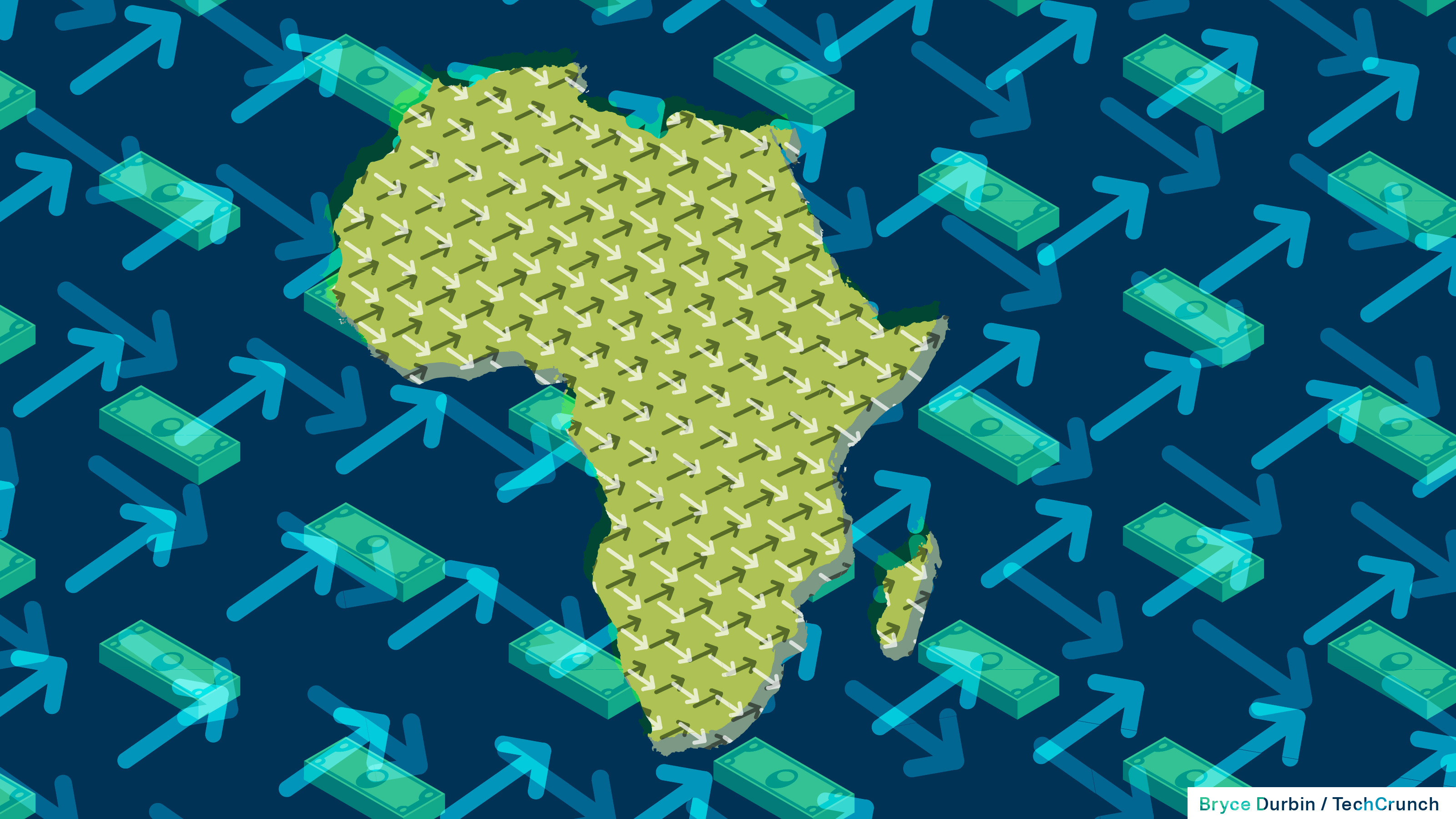Welcome to Startups Weekly, a fresh human-first take on this week’s startup news and trends. To get this in your inbox, subscribe here.
Tech innovation is a cycle, especially in the main character-driven world of early-stage venture capital and copycat nature of startups.
The latest proof? Y Combinator this week announced Launch YC, a platform where people can sort accelerator startups by industry, batch and launch date to discover new products. The famed accelerator, which has seeded the likes of Instacart, Coinbase, OpenSea and Dropbox, invites users to vote for newly launched startups “to help them climb up the leaderboard, try out product demos and learn about the founding team,” it said in a blog post.
TechCrunch+ is having an Independence Day sale! Save 50% on an annual subscription here. (More on TechCrunch+ here if you need it!)
If it sounds familiar, it’s because — in my perspective — Y Combinator is taking a not-so-subtle swipe at Product Hunt, a nearly decade-old platform that is synonymous with new startup launches and feature announcements.
Y Combinator doesn’t necessarily agree with this characterization: The accelerator’s head of communications, Lindsay Amos, told me over email that “we encourage YC founders to launch on many platforms — from the YC Directory to Product Hunt to Hacker News to Launch YC — in order to reach customers, investors and candidates.”
The overlap isn’t isolated. As Y Combinator makes a Product Hunt, Product Hunt is making an Andreessen Horowitz. Meanwhile, a16z is making its own Y Combinator. Not to mention Product Hunt has investment capital from a16z and formerly went through the Y Combinator accelerator.
The strategy is more than a tongue twister, it’s a signal on what institutions think is important to offer these days (and why they’re starting to borrow more than sugar, or deal flow, from their neighbors).
For my full take, read my TechCrunch+ column, “YC makes a Product Hunt, Product Hunt makes an a16z, a16z makes a YC.”
In the rest of this newsletter, we’ll talk about Coalition, Backstage Capital and Africa’s temperature-fluctuating summer. As always, you can support me by forwarding this newsletter to a friend or following me on Twitter or subscribing to my blog.
Deal of the week
Coalition! Built by a quartet of women operators in venture, Coalition is a fund meets network that is trying to get more diverse decision-makers onto cap tables. The two-pronged approach of fund and network helps Coalition cover multiple fronts: Founders can turn to the firm for capital or the network for advice at no further dilution. Aspiring investors and advisers can turn to the firm to begin building out their portfolio, and LPs can put money into an operation that is committed to broadening diversity on cap tables, known to have economic benefits.
Here’s why it’s important: Coalition co-founder Ashley Mayer, the former VP of communications for Glossier, explained a little about the building philosophy behind the new company.
Mayer explained that she and her three co-founders saw the value of taking a “portfolio approach” to careers, basically going deep on their respective operator roles while also angel investing and eventually scout investing. Three of them previously worked in venture but left it because they missed the experience of operating. Now, they’re trying to scale a way for people to keep their day jobs and build beyond it. Coalition co-founder and Cityblock Health founder Toyin Ajayi said that “as one of few women of color leading a venture-backed company, I feel a deep obligation to hold the door open for others.”
Image Credits: Coalition
When do layoffs matter? Trick question — always
This week on Equity, we spoke about Backstage Capital laying off a majority of its staff, weeks after pausing any investments in new startups. The workforce reduction, which impacted nine of Backstage Capital’s 12-person staff, was due to a lack of capital from limited partners, per fund founder Arlan Hamilton.
Here’s why it’s important: Backstage Capital has invested in over 200 startups built by historically overlooked entrepreneurs, while Hamllton herself has invested in more than two dozen venture capital funds. Despite having impact, no single firm can be immune from the difficulties of venture (or growing in an environment full of macroeconomic and cultural hurdles). Below is an excerpt of my story.
Without more support, it becomes difficult to close shop on new investments, bring more assets under management and bring more follow-on investments, Hamilton said.
“Somebody asked me, ‘why don’t you have more under management?’” she said during the podcast. “You gotta ask these LPs, you gotta ask these family offices, you gotta ask these people who ask me, ‘how can I be helpful,’ and I say ‘invest in our fund,’ and I never hear from them again.”

Image Credits: Jordan Lye (opens in a new window) / Getty Images
Africa charts its own course
TC’s Dominic-Madori Davis and Tage Kene-Okafor wrote a story about how the downturn is playing out in Africa, essentially answering why we should all be tuning into the continent’s activity this summer.
Here’s why it matters: Africa’s venture capital totals weren’t too shabby in the first quarter, but investors think that it may just be a reporting delay. If most of the deals were finalized before high interest rates, the war and inflation, experts say, we may see an economic downturn soon start affecting developing markets. The story doesn’t stop there; I’d read more to see what Tiger Global tells us and how August is shaping up to be a key month of movement.

The summer could decide this year’s fate of the African funding landscape.
Across the week
Seen on TechCrunch
OK, whose rocket just hit the moon?
This co-worker does not exist: FBI warns of deepfakes interviewing for tech jobs
Formerly rich NFT buyers party through the pain
Robinhood almost imploded during the GameStop meme stock chaos
FTX says no active talks to buy Robinhood
Seen on TechCrunch+
Your startup pitch deck needs an operating plan
3 questions for the startup market as we enter Q3
Disclose your Scope 3 emissions, you cowards
What’s a fintech even worth these days?
Until next time,




















Discussion about this post